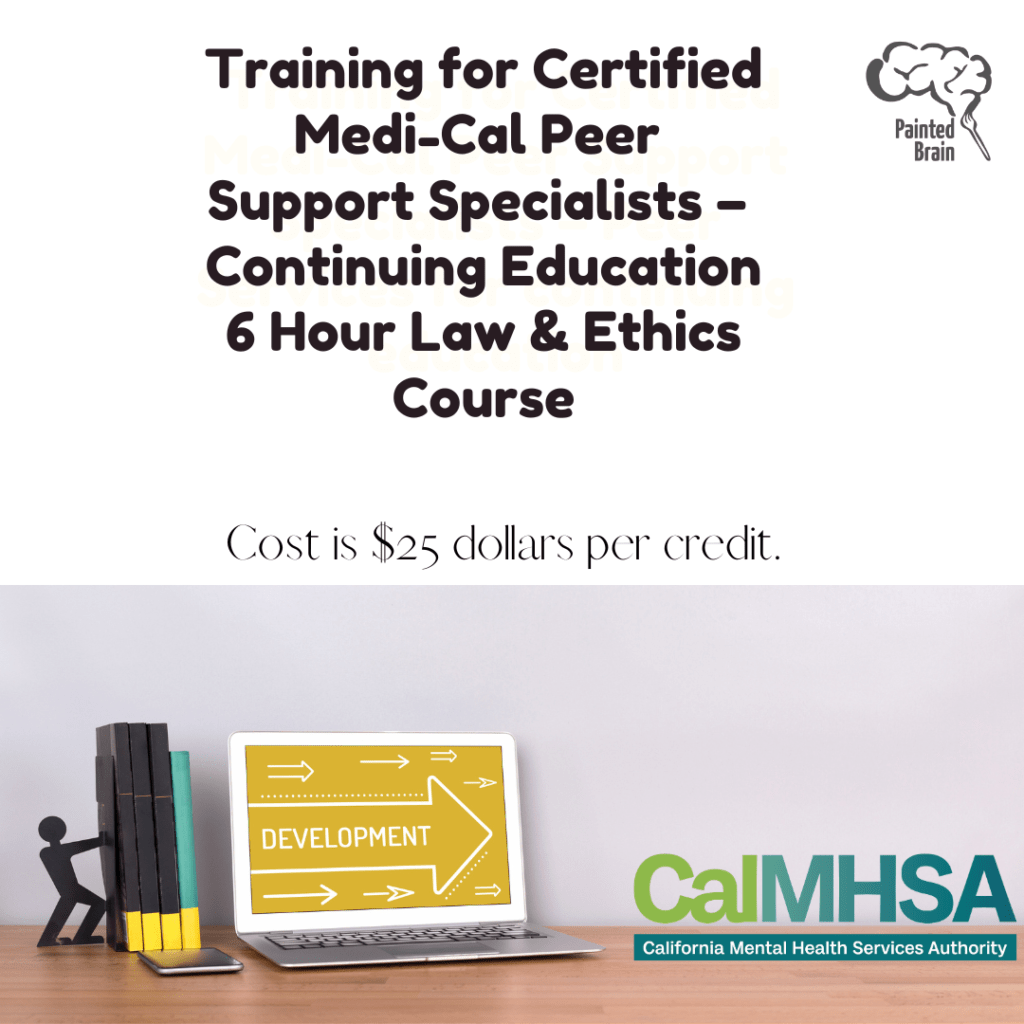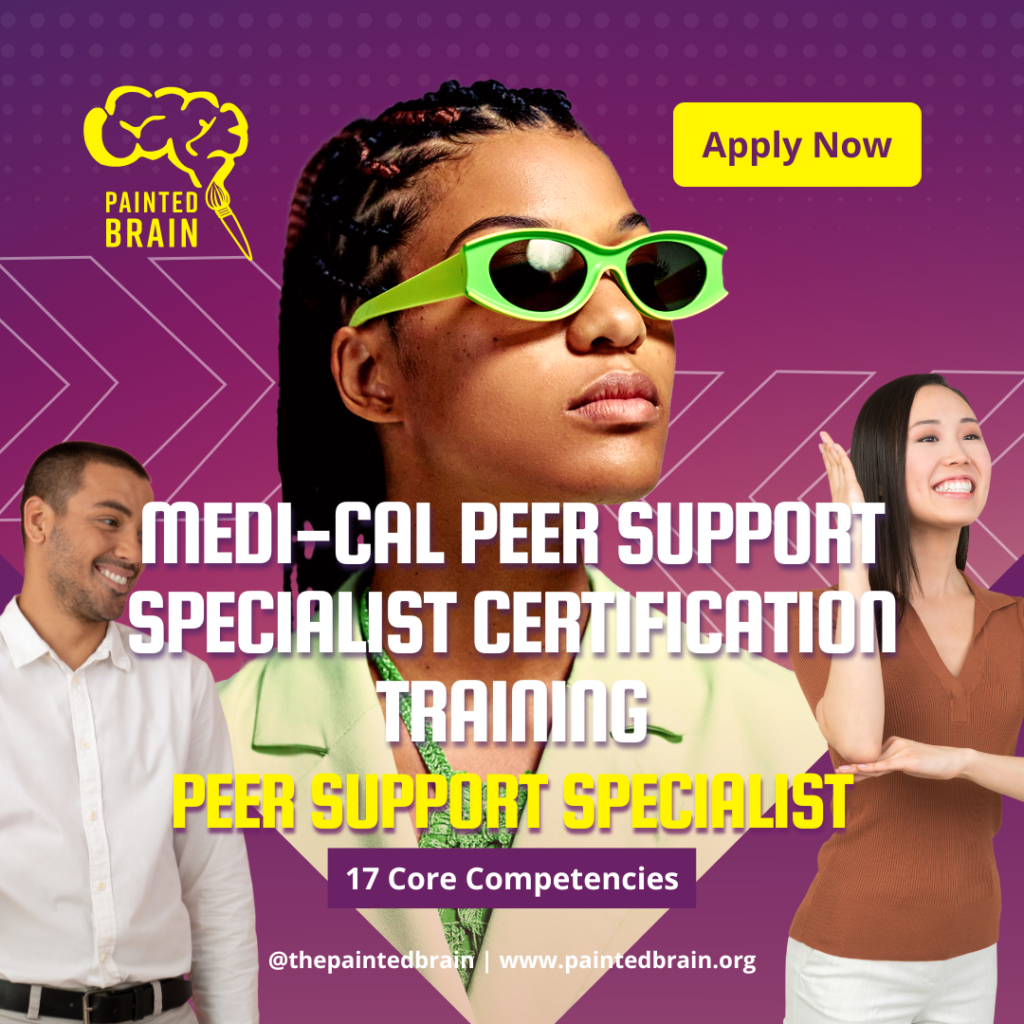You’ve had a long day. The kids were cranky, your boss was demanding, and now you’re stuck in traffic on the drive home. The car in front of you brakes suddenly, and you slam on yours, narrowly avoiding an accident. Sound familiar? We all have moments where frustration and stress push us to the edge.
In this article, we’ll explore the psychological factors that lead to accidents, looking at mental fatigue, multitasking, and sensory overload studies. You’ll learn practical tips on how to maintain focus and avoid distractions. We’ll also examine accident statistics to understand peak times and scenarios. At some point, we’ve all felt the immense relief of a near-miss. Understanding what’s happening in our brains during those critical moments can prevent the next mistake or lapse in judgment from becoming a disaster.
Let’s dive in and shed some light on those breaking points that can put us all at risk.
Life Experiences That Causes Stress
Many challenges exist in our everyday lives, such as work-related stress, money problems, relationships, and health concerns. But can these things make accidents more likely to happen?
Stress at Work
Imagine you’ve got a ton of work to do, deadlines are creeping up, and your boss is breathing down your neck. That’s workplace stress, something many people deal with. Studies have found that when we’re stressed at work, we’re more likely to mess up or miss things that could lead to accidents. Our brains get so busy and tired that we overlook potential dangers, making accidents at work more common.
According to a survey by the American Institute of Stress, almost 80% of workers feel stress on the job, with nearly half reporting needing help managing it. Additionally, research published in the Journal of Occupational and Environmental Medicine found that job stress was significantly associated with an increased risk of workplace injuries.
And speaking of workplace injuries, it’s not uncommon for individuals to seek legal guidance when accidents happen. Firms like Foyle Legal specialize in assisting workers injured due to workplace stress or other job-related incidents. You’ll be surprised to know the number of cases related to this they handle each month.
Financial Problems
Money troubles can weigh us down. Whether we’re struggling to pay bills or worrying about debt, they can take a toll on our mental health. But did you know they can also affect how we act and make accidents more likely? Being stressed about money can mess with our sleep and make us tired and distracted. And when we’re not fully focused, accidents can happen more quickly.
Relationship Problems
When things aren’t going well in our relationships, it can mess with our heads. A study conducted by researchers at the University of California, Berkeley, found that individuals experiencing relationship distress were more likely to engage in risky behaviors and exhibit impaired cognitive function. Whether fighting with a partner or dealing with family drama, it can make concentrating on what we’re doing hard.
People constantly seek validation and always find love again, yearning for that connection and reassurance from a fulfilling relationship. It’s natural to seek companionship and affection, even facing challenges. Despite the setbacks and heartaches that may arise, the hope of finding love again can serve as a beacon of light, guiding us through the darkest of times. This resilience and optimism keep us moving forward, believing in the possibility of happiness and fulfillment in our relationships. This is why people are more likely to take risks and make mistakes when upset in their relationships. This can increase the chances of accidents happening.
Health Conditions
Our health plays a significant role in how we go about our day. Whether we’re dealing with pain or feeling tired all the time, it can affect our ability to stay safe. For example, someone dealing with chronic pain might find it hard to focus, while someone with a health condition that makes them tired might struggle to stay alert while driving. Accidents can happen more quickly when we’re not fully focused or alert.
By being aware of these triggers, we can keep ourselves and others safe, making our world safer for everyone.
Understanding the Stress Response
Fight or Flight
When we perceive a threat, our body activates the fight-or-flight response. Our adrenaline surges, heart rate increases, and muscles tense up as our body prepares to confront the danger or get away to safety. This response evolved to protect us from physical harm, but nowadays, most threats are psychological—stressful deadlines, traffic jams, and arguments. Our bodies can’t distinguish the source of the danger, so they respond similarly. Over time, repeated activation of this response takes a toll.
High Cost of Stress
Chronic stress exposure leads to wear and tear on the body and brain. Studies show it can shrink the prefrontal cortex, the area involved in decision-making and emotional regulation. It also causes inflammation in the body and damages telomeres, the caps on the end of chromosomes that control aging. Prolonged stress is a risk factor for health issues like heart disease, obesity, depression, and insomnia.
Breaking the Cycle
The good news is we can break this cycle. Some effective strategies include exercise, social interaction, mindfulness practices, and limiting unhealthy habits. Exercise releases feel-good hormones that counter the effects of stress hormones. Social interaction and support from others have a buffering effect. Like yoga or meditation, mindfulness activates the body’s relaxation response to help unwind anxiety and worry. Avoiding excessive alcohol, sugar, and screen time helps limit additional stress on the body.
The stress response evolved to help us survive in the short term. But that response is frequently activated today, and the long-term costs are high. By understanding how stress affects us and making lifestyle changes to limit its impact, we can thrive in the face of modern challenges. Our health and well-being depend on it.
Common Triggers Leading Up to Breaking Point
After a long day at work, traffic is the last thing you want to deal with. But being stuck in rush hour gridlock can push your frustration over the edge. Studies show that daily hassles like traffic jams, long lines, and technology glitches can accumulate and eventually lead to feelings of anger and stress – your psychological breaking point.
Feeling out of control.
When you’re running late but can’t do anything to speed up the traffic, it’s easy to feel powerless. This lack of control over the situation fuels feelings of anxiety and annoyance. According to research, the less control or predictability we have in demanding situations, the more likely we will become angry or lash out.
Sleep deprivation.
If you didn’t get enough rest the night before, you’ll have less patience to deal with frustrations. Studies show that sleep deprivation impacts our ability to regulate emotions and cope with stress. After too little sleep, the little things seem much more irritating.
Hunger or low blood sugar.
Going too long without eating can also make you more prone to anger or frustration. When your blood sugar drops, your mood and self-control are affected. Having a snack can help avoid hanger-induced outbursts.
Crowding.
Too many
people in too small a space, like a jam-packed highway, can lead to a psychological phenomenon known as “crowd rage”. The overstimulation and perceived confinement cause stress and aggression.
The good news is that most of these triggers are within our control. Getting adequate rest, eating regular meals, giving yourself extra time, and practicing patience can help you better navigate daily frustrations. Recognizing the underlying causes of your annoyance is the first step to avoiding a breaking point.
Warning Signs You May Be Approaching Your Limit
As much as you try to push through, there comes a point when you’ve just had enough. Your psychological limit, or “breaking point,” is when the stress, anxiety, and overwhelm become too much to bear. Recognizing the signs you’re reaching your limit can help you make changes before you become distressed.
Irritability and Impatience
Do little annoyances seem huge? Are you snapping at loved ones over small things? Irritability and a short fuse are common signs your resilience is running low. Take a walk or deep breathing to help shift your mood and perspective.
Difficulty Concentrating
If focusing is impossible, it may indicate you’re overly stressed or tired. Studies show that chronic stress impairs memory, focus, and decision-making. Give your mind a break and do an enjoyable activity to help recharge your mental batteries.
Changes in Sleep or Appetite
Stress wreaks havoc on your body, disrupting regular sleep-wake cycles and eating habits. You may struggle with insomnia or oversleep, experience changes in appetite, or crave unhealthy comfort foods. Prioritize self-care by maintaining a routine, limiting screen time before bed, and choosing nutritious meals. These steps will support your health and ability to cope.
Feeling Overwhelmed or Hopeless
When demands start to feel unmanageable, and problems seem unsolvable, it’s a sign you need support. Talk to others who can offer a sympathetic ear or help lighten your load. Speaking with a therapist or counselor can help you work through challenging emotions and find better coping methods during difficult times.
Recognizing your limits and the triggers that push you toward your breaking point is the first step to avoiding burnout and distress. Make self-care a priority, and don’t hesitate to ask others for help. Your well-being depends on it.
Strategies to Manage Stress Before Reaching Breaking Point
Managing stress is critical to avoiding accidents and mistakes at work. Feeling overwhelmed and anxious makes it harder to focus and think clearly. Research shows high stress can significantly impact productivity, decision-making, and safety.
Take Regular Breaks
Stepping away from a stressful task can help you recharge and renew your mental focus. Even taking short breaks can help. Get up, move, stretch, or step outside for a few minutes. A 2019 study found that taking short walking breaks at work led to a 20% increase in creativity and reduced feelings of fatigue and irritation.
Practice Deep Breathing
Taking deep, slow breaths can help lower your heart rate and blood pressure, relaxing your body and mind. Find a quiet space and sit comfortably. Breathe in through your nose and out through your mouth, making your exhale longer than your inhale. Do this for 3 to 5 minutes to feel calmer and more in control of your stress.
Limit Caffeine and Stay Hydrated
Both caffeine and dehydration can exacerbate feelings of stress and anxiety. Reduce your caffeine intake, especially in the afternoon and evening. Drink plenty of water—aim for 6 to 8 glasses daily to stay hydrated. Dehydration negatively impacts your mood and cognitive abilities.
Get Enough Sleep
Lack of sleep and rest contributes significantly to increased stress and impaired performance. Most adults need 7 to 9 hours of sleep per night to function at their best. Ensure you have good sleep hygiene, like limiting screen time before bed, keeping a consistent sleep schedule, and making your bedroom cool and dark. Getting adequate rest will put you in a better state of mind to handle stressful events during the day.
Combining these self-care strategies can help you better manage stress levels throughout the day and avoid reaching your breaking point. Taking proactive steps to stay physically and mentally balanced will serve your well-being and productivity in the long run.
Staying in tune with your needs and limits and making self-care a priority is critical to avoiding the psychological triggers that can lead to errors, accidents, or poor decisions under stress.
What to Do After a Stress-Induced Accident or Mistake
Accidents and mistakes happen to the best of us, especially when under stress. The key is how you respond afterward. Here are some steps to take after a stress-induced slip-up:
Stay calm and avoid harsh self-judgment.
Take a few deep breaths to avoid panicking or criticizing yourself. Studies show that self-criticism activates the same parts of the brain as physical pain. Go easy on yourself—everyone makes mistakes. Focus on the solution, not the problem.
Apologize sincerely if needed.
If your error impacted others, apologize promptly and genuinely. A sincere apology can go a long way toward repairing damage and allowing you and others to move on healthily. Follow up to make things right.
Reflect on what happened.
Analyze the situation objectively once you’ve calmed down and the dust has settled. Look for the triggers or factors contributing to your stress overload and mistakes. You took on too many tasks or needed to communicate more effectively. Understanding the underlying causes can help prevent future slips.
Make a plan to avoid similar issues going forward.
Come up with strategies based on your analysis to improve for next time. Could you delegate more, improve time management, build buffer time, and increase self-care? Outline a few key steps you will take and put them into action. Making constructive changes will help you gain confidence again.
Talk to others for support if needed.
If you continue to feel bad about what happened, consider opening up to a trusted friend or counselor. Getting another perspective and voicing your feelings can be very cathartic. Let others support and reassure you—everyone deserves another chance.
Mistakes are inevitable, but learning from them and moving forward positively is within your control. Be kind to yourself, make amends if needed, reflect on lessons learned, and take action to do better next time. You’ve got this! Accidents happen—now go out there and continue achieving your goals and dreams.
Conclusion
So there you have it. Accidents often happen when we’re stressed, tired, or distracted. Our minds and bodies have limits, and pushing past them can lead to mistakes and mishaps. The next time you’re feeling overwhelmed, stop and take a break. Getting enough sleep, taking time to decompress, and minimizing distractions can go a long way in keeping you safe. We all have a breaking point. Be mindful of yours, and don’t be afraid to say when enough is enough. Your mental health, relationships, and physical safety will thank you.
Sources:
Featured Photo by engin akyurt on Unsplash






